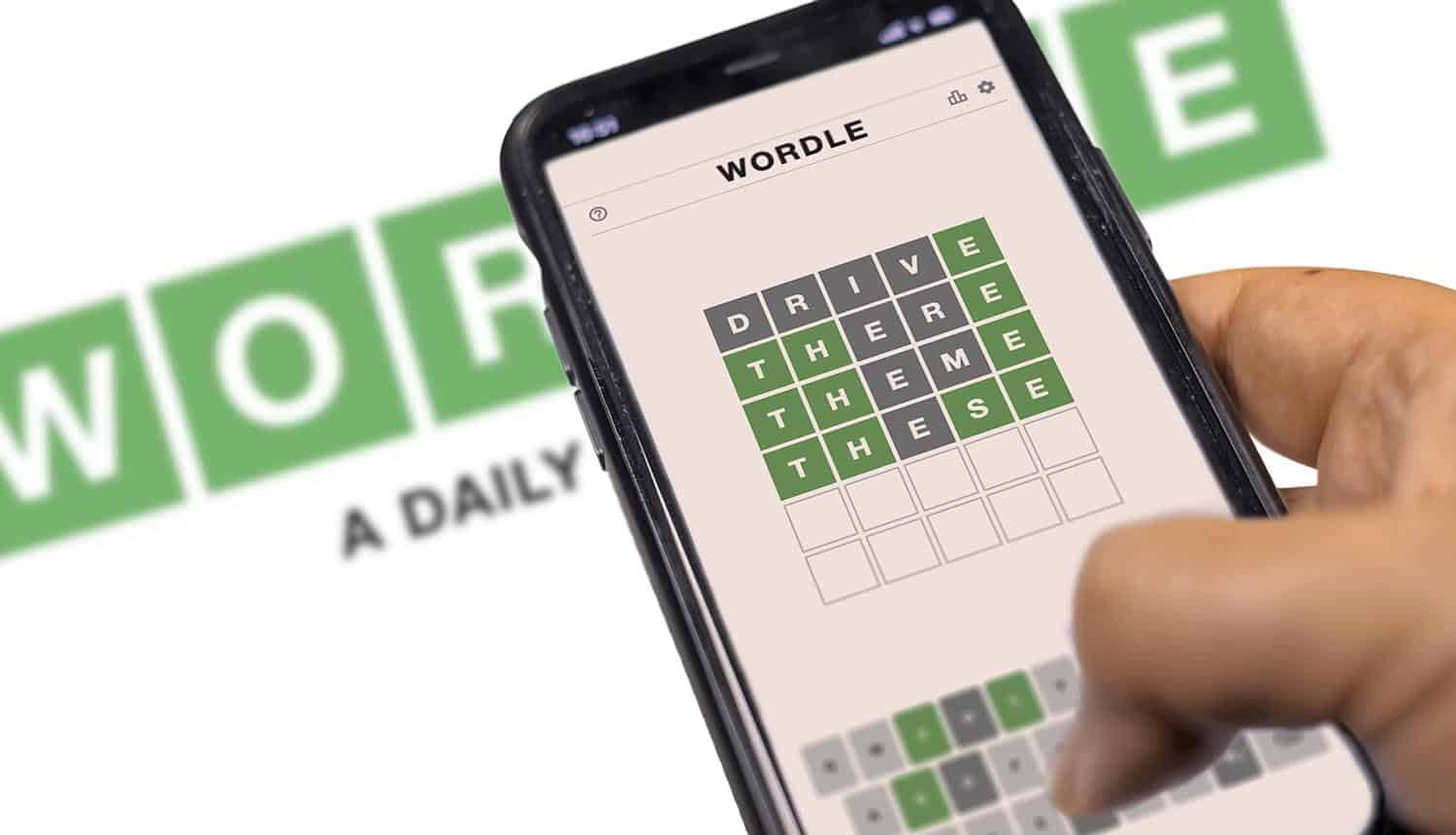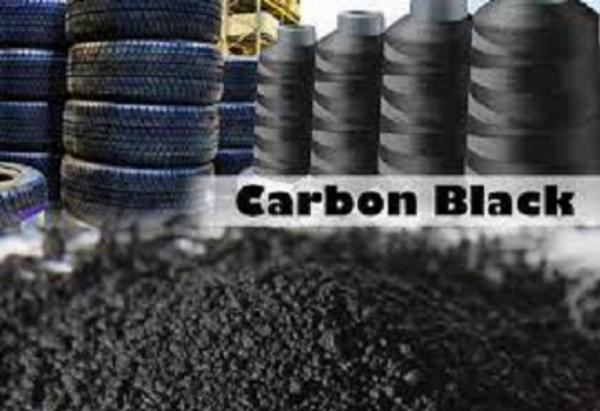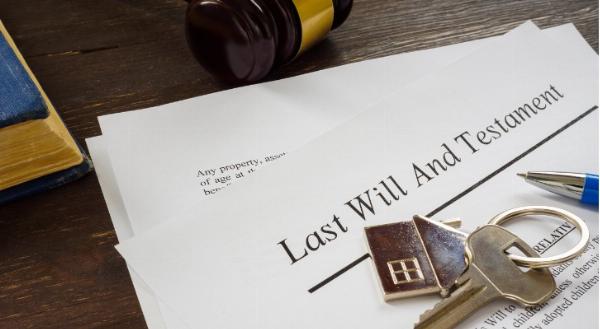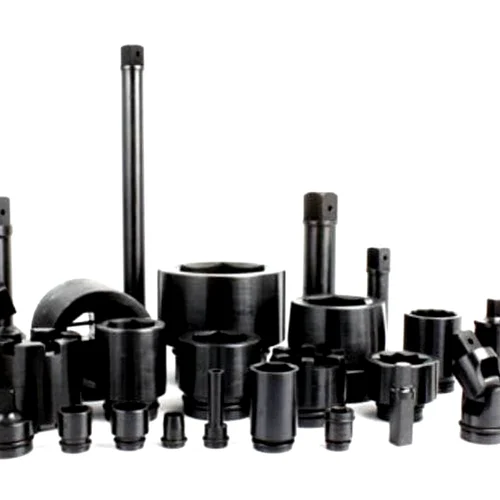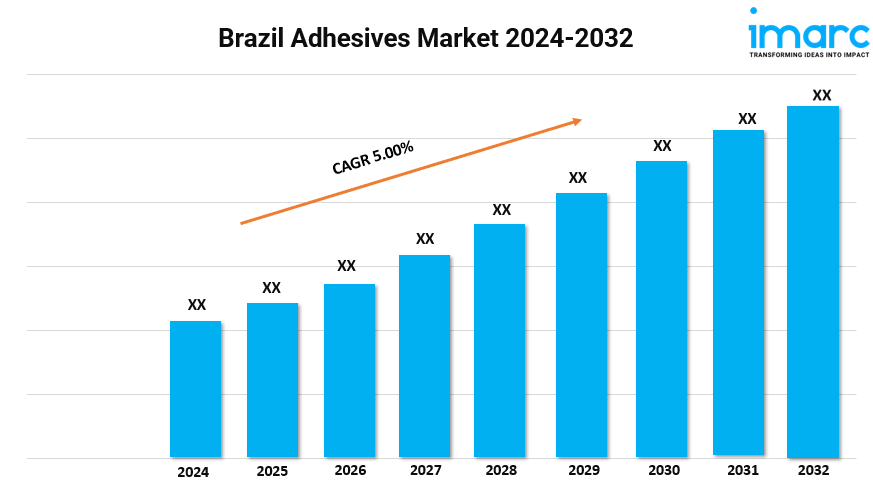The Supreme Courts Role in the Legal Battle Over President Trumps Tariff Authority: A Major Proportional Showdown
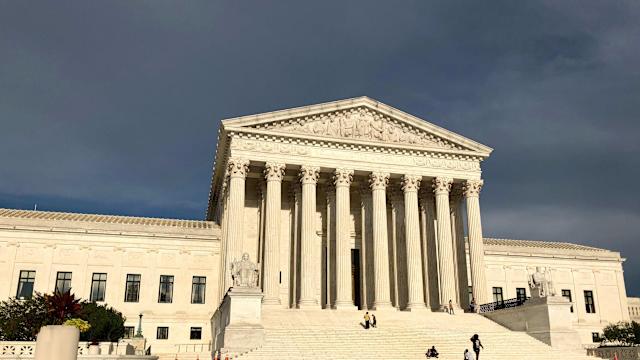
The Supreme Court is currently facing a legal battle over President Trump's tariffs, which has been brought to their attention by two toy companies. The companies, Learning Resources and Hand2Mind, have asked the nation's highest court to determine whether the president has the authority to enact some of his most aggressive trade policies. The case has been a long-running one, starting with a three-judge panel at the US Court of International Trade (CIT) siding with a group of small businesses in May, arguing that Trump lacked the authority to impose his "Liberation Day" duties under the International Economic Emergency Powers Act (IEEPA). Trump appealed this decision to the US Court of Appeals for the Federal Circuit in Washington, D.C., which has allowed his tariffs to remain in force while it considers whether the president has the ultimate legal authority to impose the duties. Oral arguments are scheduled to start on July 31. The toy companies have already won a victory before US District Judge Rudolph Contreras in Washington, D.C., but the decision was narrow in scope. Trump appealed it, and now the companies want to skip that battle and go directly to the Supreme Court. They argue that an analysis by JPMorgan shows that the round of Trump tariffs at issue would hike taxes on Americans by $660 billion a year, the largest tax increase in recent memory, and cause prices to surge by adding 2% to the Consumer Price Index. Since the beginning of the year, the tariff onslaught has caused the nation's overall average effective tariff rate to jump from 2.5% to around 27%, more than a tenfold increase and the highest for the US in more than a century. Legal experts have long predicted that the legality of Trump's tariff justifications would eventually be taken up by the Supreme Court. This could mean that the Trump administration will have to grapple with the "major questions doctrine," which limits the authority of federal agencies to take action on issues of vast economic and political significance except where Congress has explicitly authorized the action. Trump's legal team is looking to former President Richard Nixon as proof that Trump's global tariffs should be allowed to eventually stand in court. Roughly five decades ago, 10% duties unilaterally imposed by Nixon as part of a set of economic measures dubbed the "Nixon shock" were challenged in court in much the same way as Trump's 2025 tariffs have been. Nixon's duties also suffered an initial defeat, but the Nixon-era Justice Department eventually won its case on appeal, an outcome that the Trump administration has cited in court documents, predicting that its legal saga would likely turn out the same way.
This commentary brilliantly examines the pivotal role of the Supreme Court in navigating through a major proportional showdown, elucidated by prescriptive analysis on President Trump's tariff authority during an ongoing legal battle.
This essay profoundly analyzes the pivotal role of The Supreme Court in upholding constitutional proportionality during President Trump's controversial tariff battles, showcasing an intricate judicial effort to balance national interests with legal norms.
The Supreme Court's ruling in the legal clash over President Trump’arin Tariff authority represents a pivotal moment of proportionality and major consequence, shaping future trade policy defenses.
The Supreme Court's pivotal role in the legal battle over President Trump’s tariff authority exemplifies a major proportional showdown that tests both executive power and legislative oversight within our constitutional framework, setting an important precedent for future trade policy disputes.


